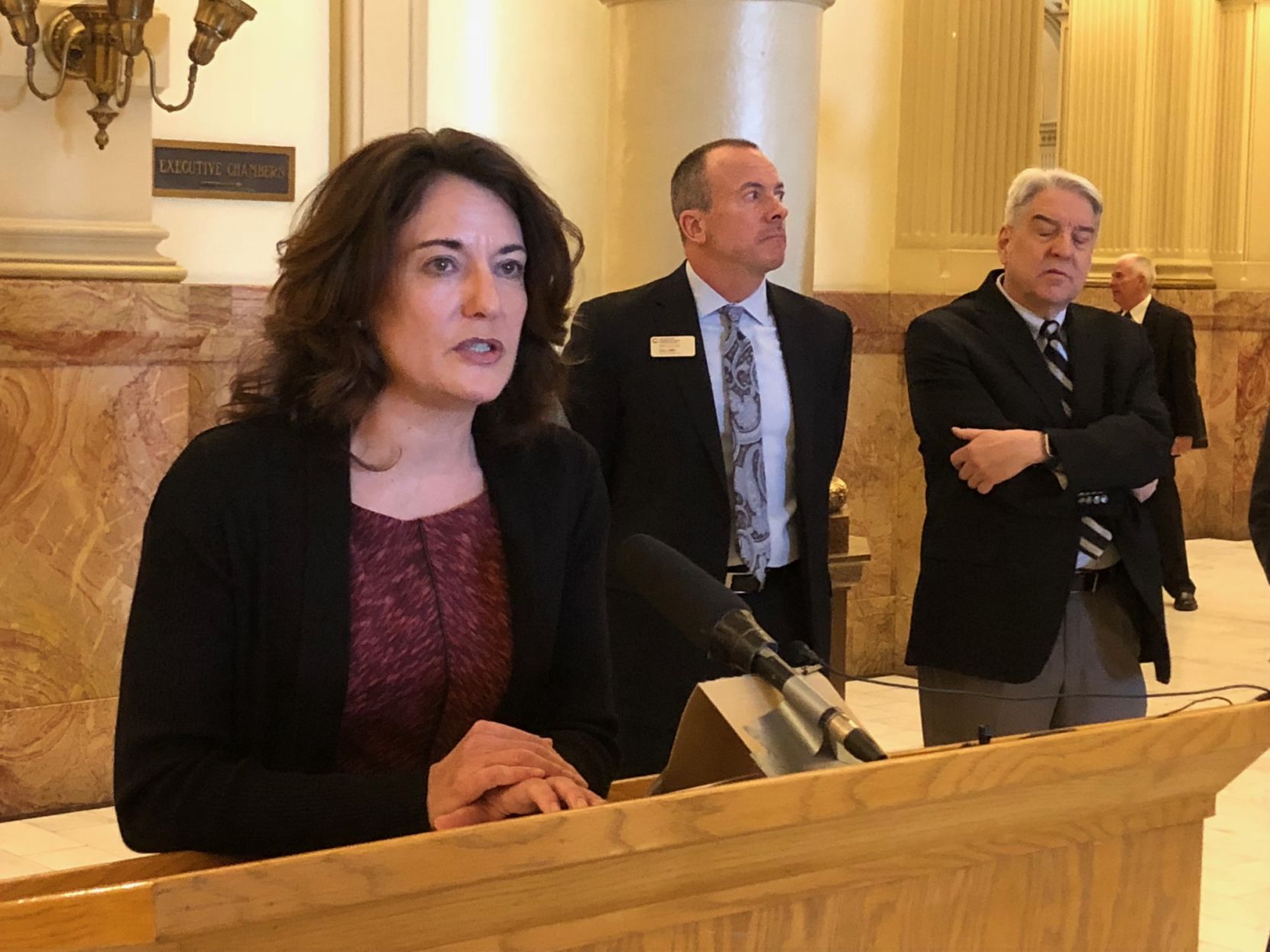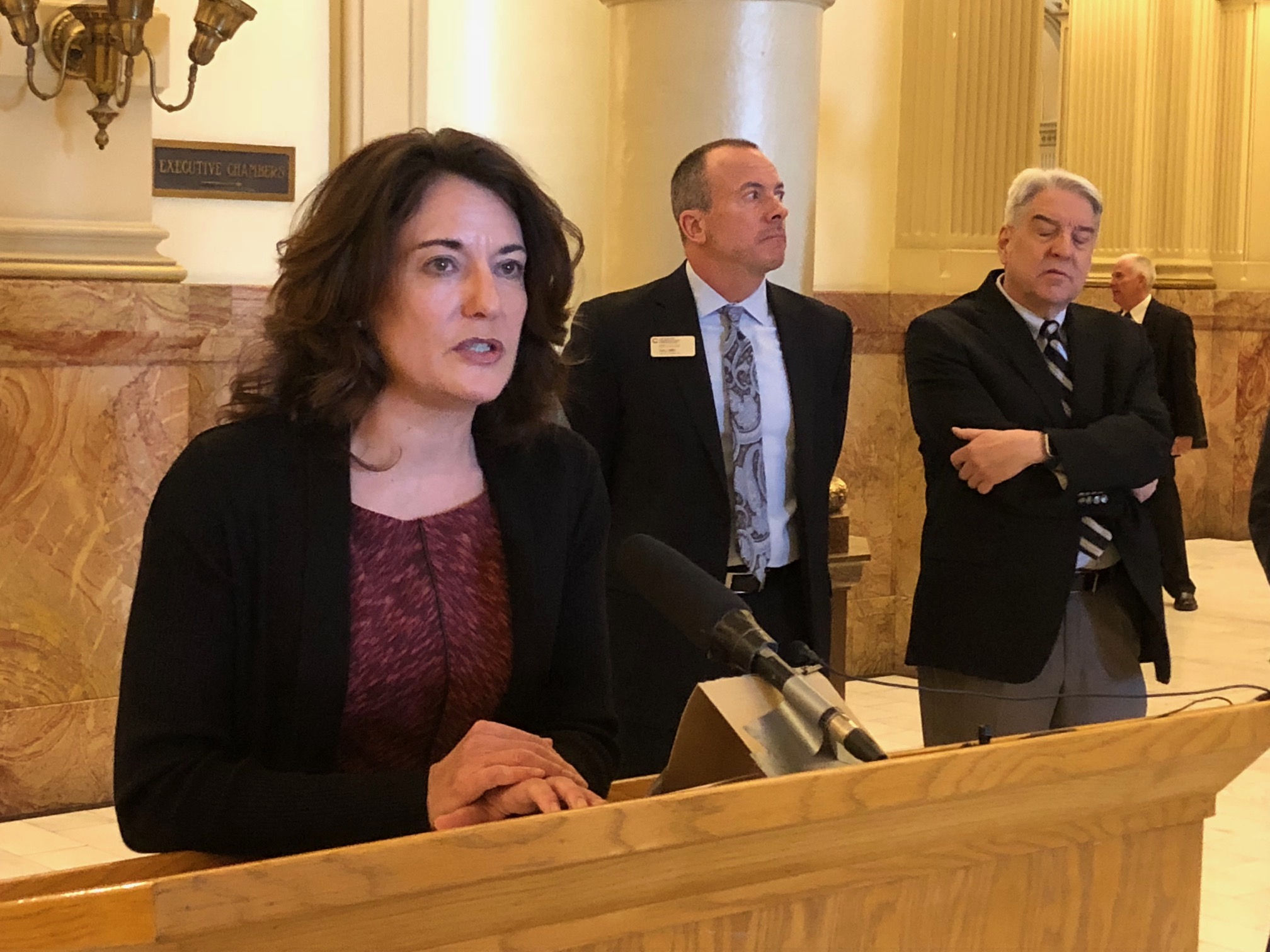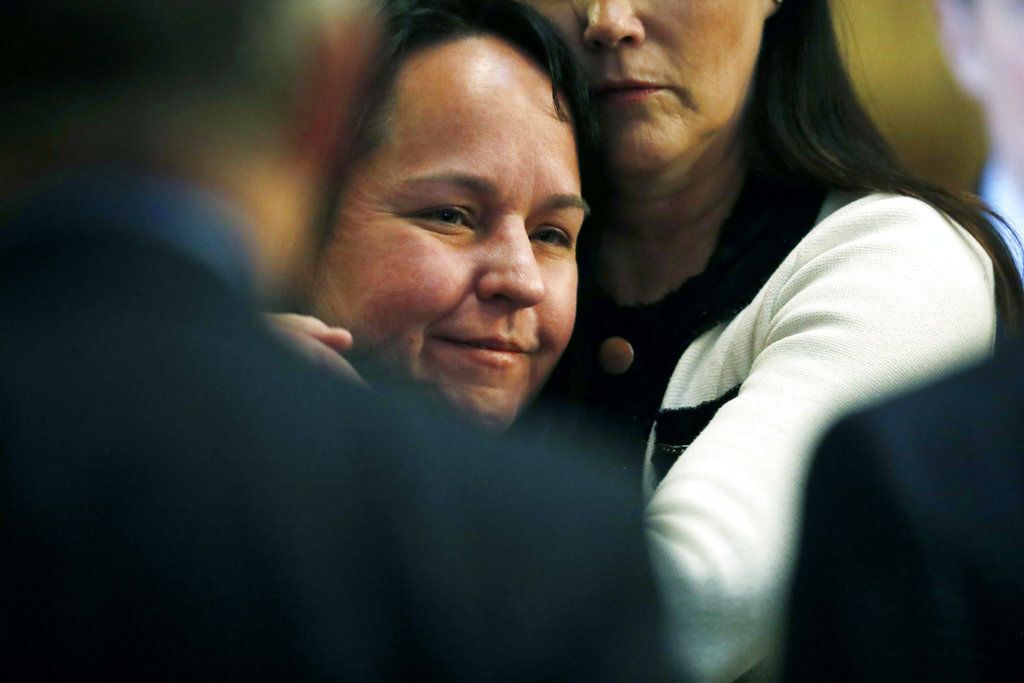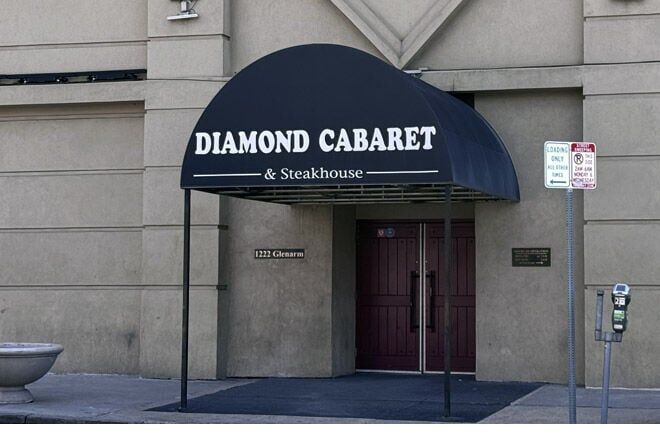Denver Metro Chamber backs financial literacy standards, opposes insurance bill

The influential Denver Metro Chamber of Commerce made its position known Thursday afternoon on a handful of bills before the legislature that’s currently in session.
The chamber supports House Bill 1200 to revise student financial literacy standards for ninth- to 12th grade students.
The chamber opposes six bills:
House Bill 1167: to prohibit withholding more than 5% of a private construction contract worth more than $150,000.
House Bill 1199: Consumer Digital Repair Bill Of Rights to require manufacturers to make software and equipment available to allow independent repairs.
House Bill 1208: creating a Natural Disaster Mitigation Enterprise funded by a $1.25 fee on insurance policies for every $1,000 in premiums.
Senate Bill 61: regarding claims for economic damages incurred by minors.
Senate Bill 175: creating the Prescription Drug Affordability Review Board.
Senate Bill 176: Protecting Opportunities and Workers’ Rights Act.
The chamber is monitoring but hasn’t taken a position on:
House Bill 1007: creating the State Apprenticeship Agency.
House Bill 1213: to convert Pinnacol Assurance from a political subdivision of the state to a stock insurance company owned by a mutual insurance holding company.
Kelly Brough, president and CEO of the Denver Metro Chamber of Commerce, also signaled opposition to the public insurance option bill introduced Thursday, citing increased competition and meaningful premium reductions in Colorado.
“This encouraging progress, coupled with the reality of an economy still recovering from the COVID-19 crisis and new leadership in Washington, reinforces our belief that this isn’t the time to go it alone and create a state-run health care program,” she said in a statement.
“Though being pitched as a market solution, the truth is directing carriers to provide a specific government product and dictating the cost of that product ensures we lose all the value associated with creating a competitive marketplace.”
She called the pending proposal “a risky and sweeping plan.”
The bill presented Thursday encourages insurers to lower private and small market premiums by 20% in two years or face competition from a policy created by the state with the use of price caps and cost curbs that the health care industry has said it hops to avoid.
All of the chamber’s policy positions are available online by clicking here.














